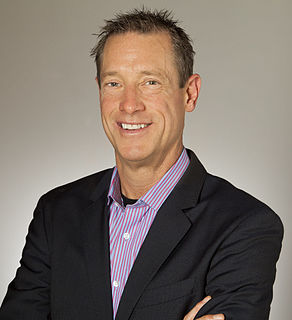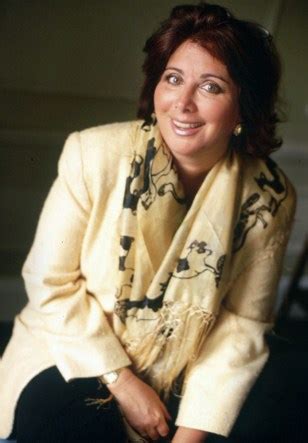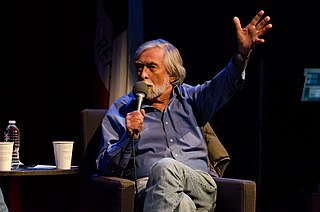A Quote by David Meerman Scott
Related Quotes
As soon as I finished 'The Finkler Question,' I was in despair. I'd changed my English publisher because they'd been lukewarm about it and not offered enough money. The American publisher didn't like it. The Canadian publisher didn't like it... I'd been bleeding readers since my first novel, and I could see my own career going down.
No publisher should ever express an opinion on the value of what he publishes. That is a matter entirely for the literary critic to decide. I can quite understand how any ordinary critic would be strongly prejudiced against a work that was accompanied by a premature and unnecessary panegyric from the publisher. A publisher is simply a useful middle-man. It is not for him to anticipate the verdict of criticism.
I sent a lot of publishing ideas to my publisher, about 30 of them. Each time except 3, i got a "rejection letter". This is basically what a rejection letter is like: Hello Pathetic Moron, We read your book. It sucked. Don't send us another one. If you do, we will run over your grandmother with a bus. Don't Do It. From, Your Publisher
































